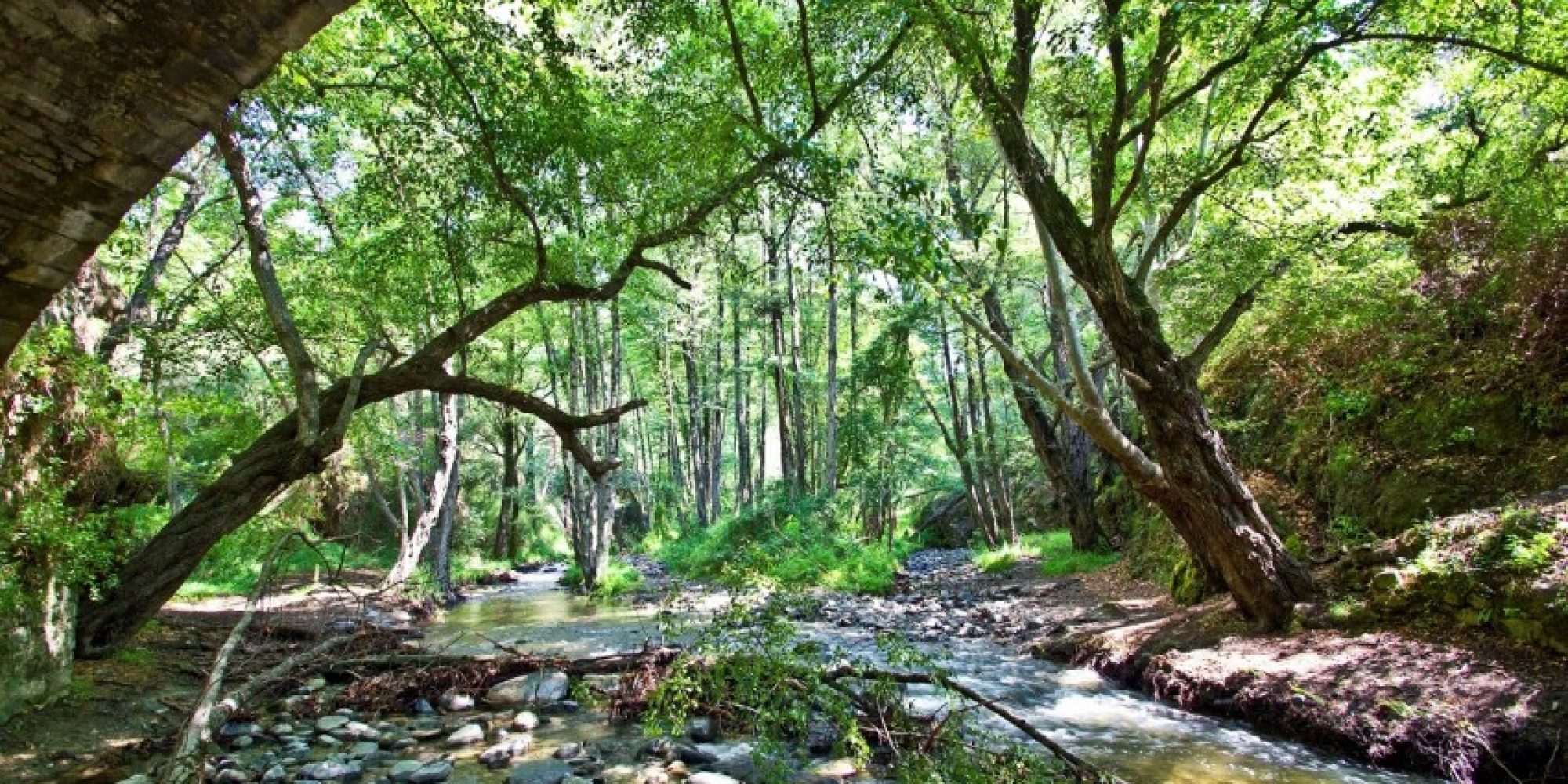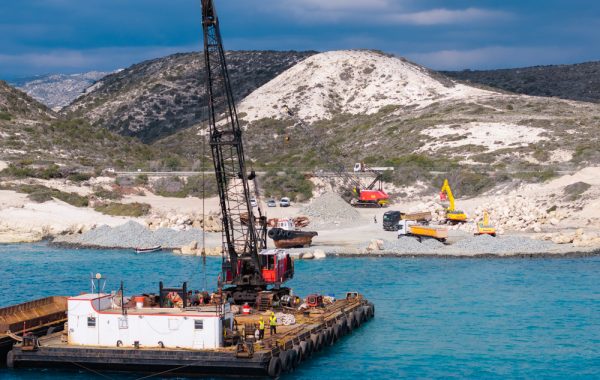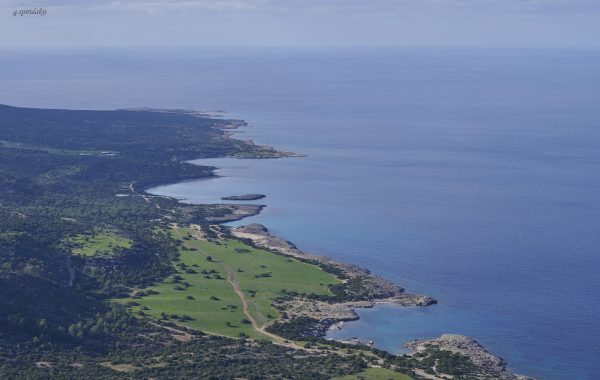A report on the state of implementation of the EU Nature Directives in 18 Member-States finds Cyprus failing to adequately protect its wildlife and its most important areas for biodiversity.
A report published today by four big environmental NGO networks (BirdLife, WWF, EEB and FoEE) assessed the state of implementation of the EU Nature Directives in 18 Member-States. For the purposes of this report, NGOs BirdLife Cyprus and Terra Cypria – the Cyprus Conservation Foundation had contributed with their expert analysis on 11 evaluation criteria for the implementation of the Nature Directives in Cyprus. The overall conclusion is that while the majority of the Member States assessed have fully incorporated the Birds and Habitat Directives into national law, they have failed to implement them properly.
With regard to Cyprus, none of the 11 evaluation criteria received positive scores, with the great problem of the inadequate protection and management of the Natura 2000 sites and the lack of action plans for species protection becoming evident once again. The evaluation report is published at the time when European Commission representatives are in Nicosia for a discussion with the government on nature protection issues.
Inadequate protection of Natura 2000 sites: Although in recent years there has been an improvement in the process of examining projects that may adversely affect a protected Natura 2000 site (Appropriate Assessment), there are still gaps in the reliability of the studies, the implementation of environmental terms but also their binding nature, with serious threats for nature. The case of residential developments in the Sea Caves area in Akamas is a recent example. Other examples are the favourable opinion on the golf course in the Natura 2000 site “Polis – Gialias” at Limni in Argaka, as well as the case of the Ayia Napa marina in the Natura 2000 site “Agia Thekla – Liopetri”.
Management of Natura 2000 sites: As the report notes, while management plans have been prepared with management proposals for all Natura 2000 sites in Cyprus, their implementation is still pending. In its action plan for Cyprus, the report proposes the immediate issuance of Management Decrees for the measures proposed in these Plans. This is necessary so that these measures can achieve a legally binding regime. At the same time, the problem of inadequate management is aggravated by the fragmentation of responsibilities between the various Services, Departments and Ministries, as well as by the lack of funding for the implementation of these management measures.
Species protection: With regard to species protection, absent and also urgent are national action plans, especially for threatened species, as is the case with the critically low population of the Griffon Vulture in Cyprus. With poisoning the most immediate threat to the species, decisive action is needed at national level to tackle this deadly threat, through targeted information and awareness-raising actions, and through the creation of a state mechanism to effectively address the use of poison-bait in the countryside.
The Nature Directives are responsible for the creation of the largest and most coherent network of protected natural areas in the world – the Natura 2000 network. If this lack of engagement by Member-States persists, the rapid decline of biodiversity across Europe is guaranteed. The four NGOs call on the European Commission to hold Member-States accountable for dragging their feet.




